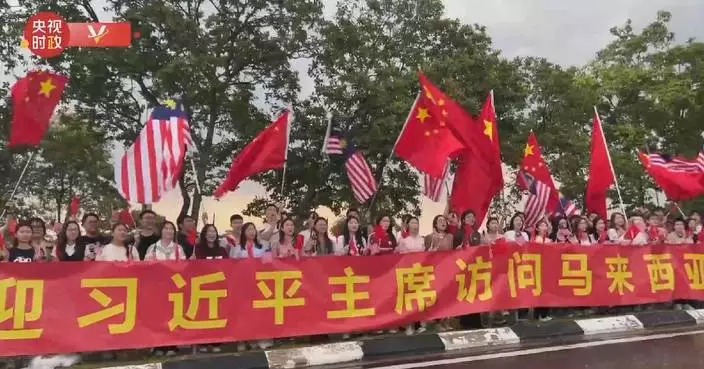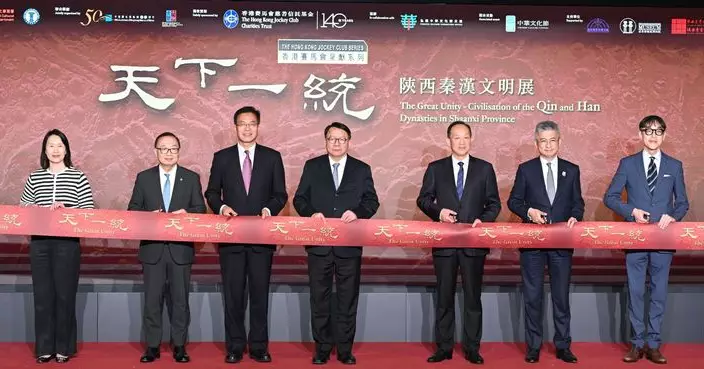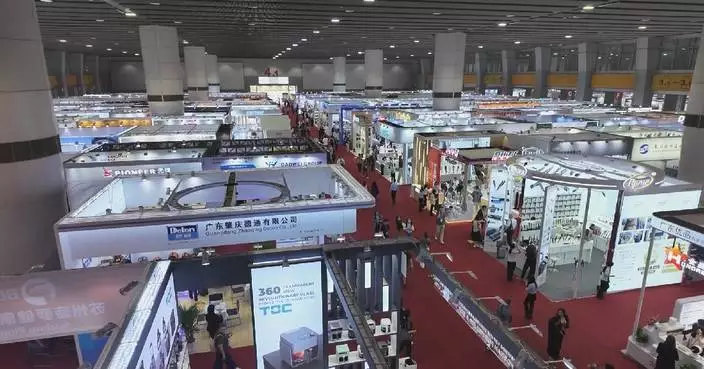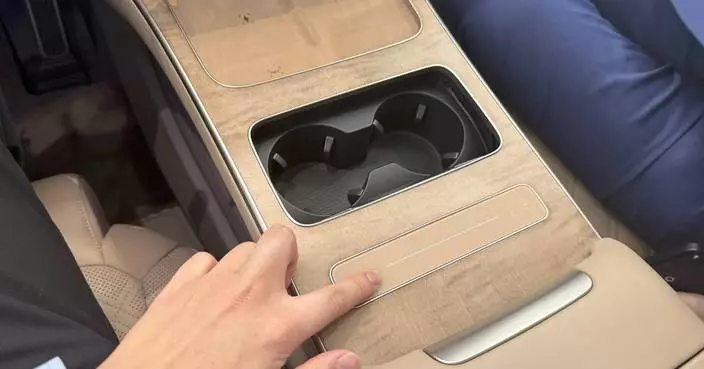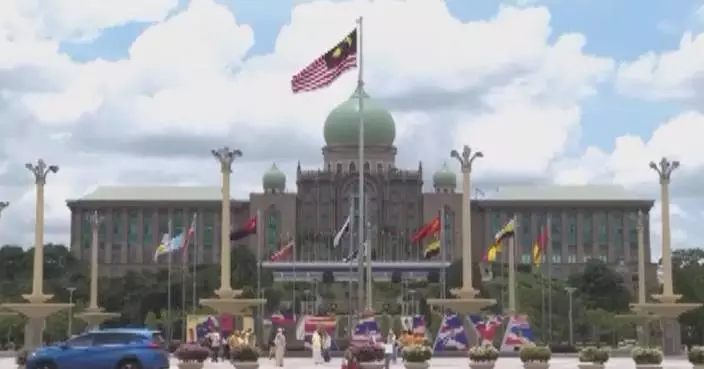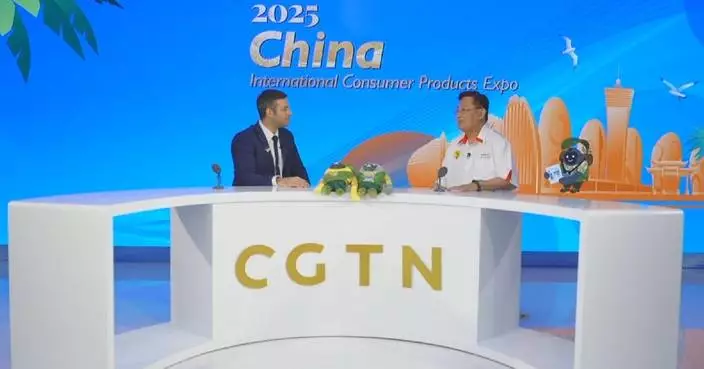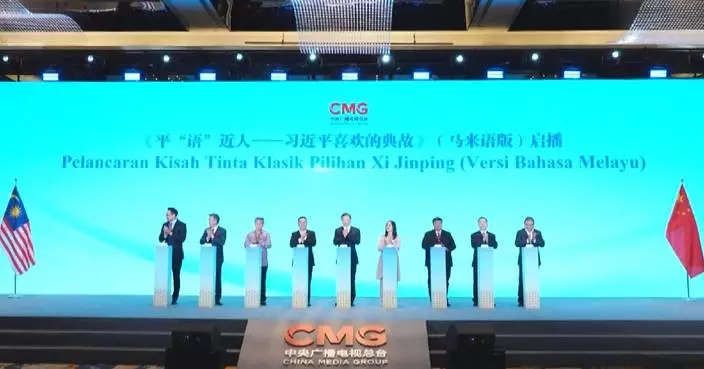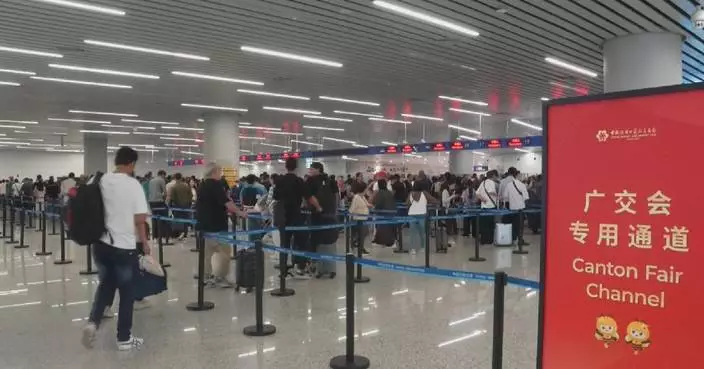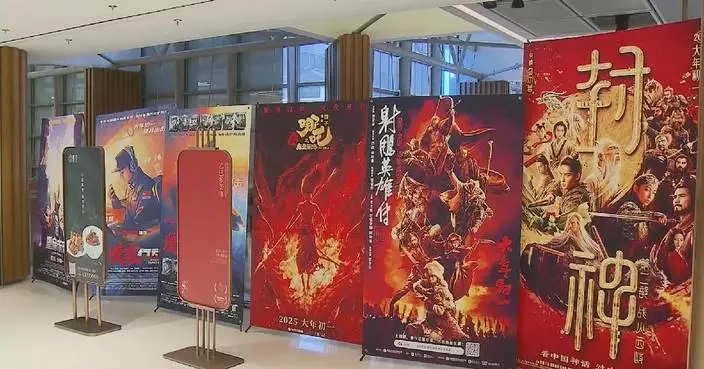Mark Pinkstone/Former Chief Information Officer of HK government
Is the proposed sale of the Cheung Kong Hutchison (CKH) shipping ports at either end of the Panama Canal an astute business deal or a bold political takeover? It can be argued both ways.
The Chinese side of the pendulum foresees doom as the sale would increase the US hegemony over global shipping because the sale includes not only Hutchison’s two shipping ports, but 80 per cent of all of Hutchison’s 43 ports world-wide. The intended principal buyer is BlackRock Inc., a major US financial and investment conglomerate.
The business side of the pendulum sees it as a major business deal worth US$23 billion.
The proposed sale drew the ire of China's Hong Kong and Macau Affairs Office (HKMAO), which reposted a Ta Kung Pao commentary criticising the CKH port deal with U.S. investment firm BlackRock as a betrayal of China, sending shares of CKH sharply lower on March 14.
The commentary said the U.S. would constrain China's maritime trade, and Chinese companies would face great risks in logistics and supply chains, impacting China's Belt and Road initiatives.
"This deal is an act of hegemony by the US, which uses its state power to infringe upon the legitimate rights and interests of other countries through despicable means such as coercion, pressure, and inducement," the commentary wrote.
"It is power politics packaged as a 'business behaviour'."
The in-principle agreement with the BlackRock-led consortium gave the two sides 145 days to hammer out specific terms and details before finalising the transaction, according to a Hong Kong Stock Exchange statement by CKH. Also, the deal will need to be approved by CK Hutchison’s shareholders, obtain approval from the Panamanian government, and meet unspecified customary terms agreed by the two sides, according to the statement “After the Panama Canal has been ‘Americanised’ and ‘politicised’, the US will definitely use it for political purposes and implement its own political agenda, and China’s shipping and trade here will certainly be subject to the US,” Ta Kung Pao wrote in a series of articles blasting the sale.
US president Trump announced immediately after his inauguration in January that he would “recover” the Panama Canal, which was owned by China. He was totally wrong. The Panama Canal is owned and operated by Panama, and the ports at each end are owned by Panama Ports Company, a subsidiary of Hutchison Port Holdings, a further subsidiary of CKH But it’s obvious that kicking China (via Hutchinson) out of Panama had been planned for some time.
Immediately after his inauguration, Trump sounded out potential buyers for the ports and had a meeting with BlackRock’s CEO Larry Fink in the White House. Fink is an old billionaire buddy of Trump. After that meeting, Trump sent his right-hand man, Secretary of State Marco Rubio, off to Panama to sort things out. And, by sheer coincidence, within a month, a deal was made for the sale of the ports.
Meanwhile, Reuters reported that Trump is planning an executive order to charge fees for China-linked vessels in the US. ports, in a bid to resuscitate American shipbuilding and disrupt China's supply chains.
But Li Ka Shing (96) retired, but still an advisor to the company, and his son Victor (60), now chairman of CKH, are businessmen like Trump. And a deal is a deal.
The disposal was primarily driven by an attractive valuation by wealth management firm Morningstar of the ports’ worth undertaken by CKH. Zerina Zeng and Zoey Zhou from debt research firm CreditSights, with offices in the US, UK, and Singapore, said. “CK Hutchison has a track record of recycling assets, and this is not the first time that Li and the conglomerate have faced criticism in the Chinese media, which we do not view as a major hurdle for deal completion,” they said.
The sale is understandable owing to its small returns compared with its role as a lightning rod of US-China tensions. The ports in Panama accounted for merely 1 per cent of CKH’s earnings before interest, taxes, depreciation, and amortisation, according to JPMorgan.
The sales proceeds will generate US$19 billion in cash for CKH, substantially higher than Morningstar’s US$10.5 billion valuation of its port assets. CKH’s shares surged by almost a quarter in intraday trading before closing 22 per cent higher at an 18-month record of HK$47.10 in Hong Kong. Its shares fell after the Chinese criticism later in the week.
But CKH has not totally abandoned its shipping business. After the proposed sale, CKH would still own stakes in four of the world’s 10 busiest container ports: Hong Kong’s Kwai Tsing port, Shenzhen’s Yantian port,Ningbo’s Beilun terminal, and the Mingdong and Pudong terminals in Shanghai.
However, it must be mindful of the words of China’s Foreign Ministry spokesperson Lin Jian when he said that the ministry supported Hong Kong companies in doing business overseas but “opposed any abuse of coercion and pressuring in international trade and economic relations.”
Hong Kong’s Chief Executive John Lee Ka-chiu concurred, adding: “The Hong Kong SAR government urges foreign governments to provide a fair and just environment for enterprises, including enterprises from Hong Kong.”
Mark Pinkstone
** The blog article is the sole responsibility of the author and does not represent the position of our company. **













